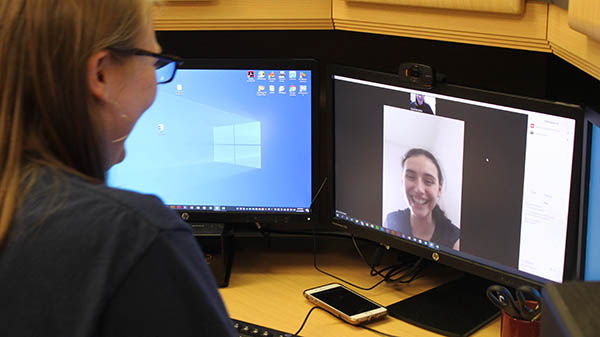Public universities may use mandatory student fees to fund a variety of college groups, even if students find some of those groups objectionable, a unanimous U.S. Supreme Court ruled March 22.
The high court upheld the University of Wisconsin’s program of disbursing student fees to campus groups and reversed a lower court ruling against the school.
The program was challenged by several conservative students who said they should not be forced to subsidize groups counter to their religious and political views, including homosexual and women’s rights groups and an HIV/AIDS support network.
“If a university decided its students’ First Amendment interests were better protected by some type of optional or refund system it would be free to do so,” said the majority opinion written by Justice Anthony Kennedy. “We decline to impose a system of that sort is a constitutional requirement, however.”
The decision said extracurricular discussions on philosophical, religious, scientific and political subjects held outside the lecture hall can enhance students’ education.
“The University … is entitled to impose a mandatory fee to sustain an open dialogue to these ends,” said the decision.
Students attending the University of Wisconsin-Madison must pay mandatory fees each semester, or they cannot receive their grades or graduate. During the 1995-96 academic year, students paid $166 in fees each semester.
During the ’95-96 school year, some students sued the board of regents, claiming the policy violated their First Amendment rights.
The 7th U.S. Circuit Court of Appeals sided with the students, holding that the University of Wisconsin burdens the free-speech rights of objecting students when it uses their mandatory activity fees to fund groups they find offensive.
‘Not a violation’
Reversing that decision, however, the Supreme Court and the policy does not violate the students’ First Amendment rights.
But the six justices signing the majority opinion did say the students are entitled to some level of protection of their First Amendment interests. For this reason, the justices required the university use “viewpoint neutrality” in allocating funds to student groups.
Viewpoint neutrality was the principle behind a 1995 Supreme Court ruling that the University of Virginia could not deny student activity fees to a student publication simply because it is religious.
The case is Board of Regents, University of Wisconsin vs. Southworth.
(ABP)





Share with others: